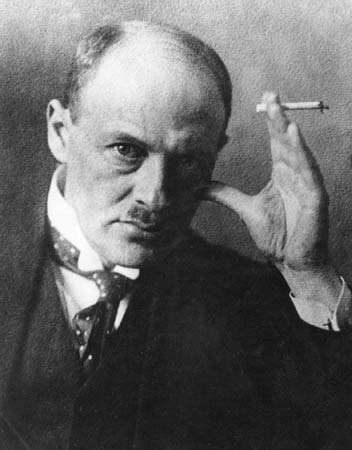L'ethos del lavoro borghese in Max Scheler
(The Ethos of Bourgeois Working in Max Scheler)
DOI:
https://doi.org/10.13135/2038-6788/8393Keywords:
Capitalism, Ethics, Phenomenology, Philosophy of Work, Work, Person, SchelerAbstract
Max Scheler’s reflections on Arbeit span throughout his entire philosophical career. His starting point is the questioning of both the genealogical-historical nature of the bourgeois attitude toward work and its philosophical ground. These paths meet in the ethical foundation of different worldviews according to an axiological value hierarchy. Human praxis and poiesis, whether individual or social, reflect an original order of preferences, an ethos. The bourgeois work-attitude is grounded on an inversion of the original tension toward elevation and contemplation in the direction of a self-enclosed, accumulative, and frenzied productive pathos. The modern ethos of “ressentiment” is analyzed in Scheler’s works in its connections with mechanical science and its effects on the post-war German condition. This reflection undergoes a significant evolution in Scheler’s last period.


